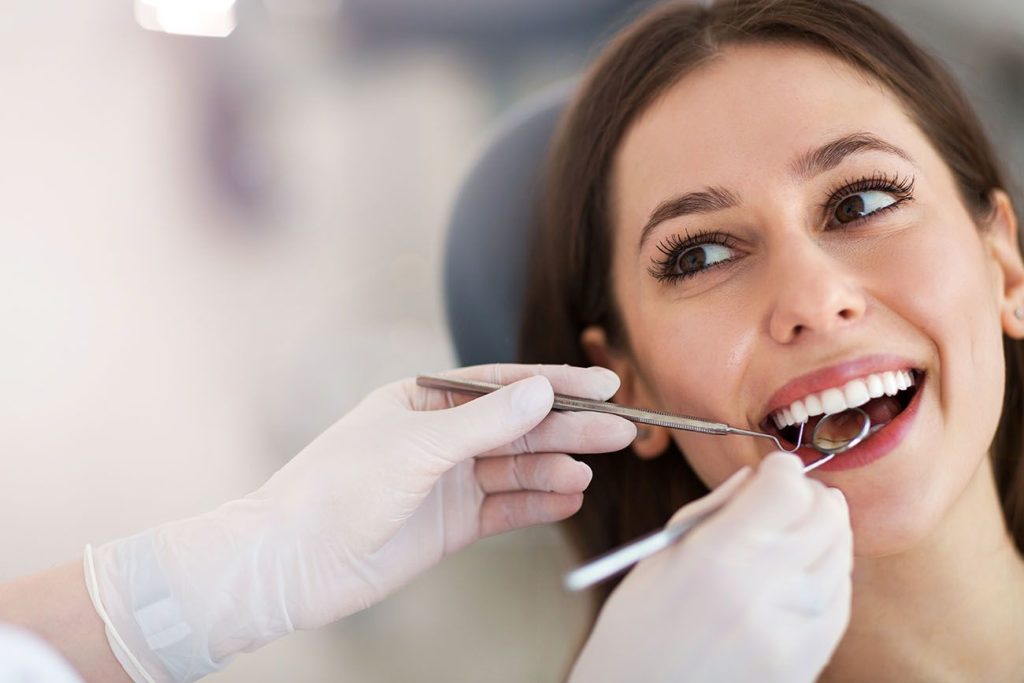As soon as we start growing baby teeth, we begin visiting the dentist to care for our smiles. But as we become adults, we may get busy and feel that scheduling regular appointments with the dentist is too much of a hassle.
The truth is that regular in-office care from your dentist keeps your smile healthy. You cannot fight off dental dangers with at-home care alone. Read on to learn more about routine dental visits and how important they can be for maintaining good oral health.

What Happens During Routine Dentist Appointments?
When you visit your dentist for a routine appointment, your dentist will begin by cleaning your teeth. This involves scraping tartar and plaque build-up from your smile, especially hard-to-reach spots like near the gumline. You likely miss these spots when brushing your teeth. So it is crucial to clean these residues from your smile before they can harm your dental health.
Your dentist will also examine your teeth and gums for early signs of dental problems. They can look for gum disease, cavities, and more concerns. If you do have any issues, they can offer swift treatment to get rid of them before they can cause lasting damage to your smile.
When Do I Schedule Dental Check-Ups?
The average dental patient should visit their dentist for a dental check-up and cleaning every six months. This makes for the ideal window of clearing away plaque and spotting dental dangers in a timely fashion. Your dentist can prevent dental problems with prompt and timely preventative care like this.
Some patients may need to see their dentist more frequently for these routine appointments. For instance, senior patients, those with a high propensity for tartar formation, and people with underlying medical conditions might need to schedule these visits three or four times a year. Consult with your dentist to find the best treatment plan for your unique smile.
What Do I Do During a Dental Emergency?
Even with diligent oral hygiene and preventative dentistry, accidents may occur that hurt your smile. You might suffer a dental injury or feel pain in your teeth or gums. This discomfort is abnormal.
You should not wait until your regularly scheduled dentist appointment to contact your dentist about your dental concerns. Call your dentist about any dental issues. They may ask you to come to their office for an emergency dental evaluation.
They can give you urgent treatment so that you no longer feel pain or other discomfort in your smile. In many cases, time might be of the essence to preserve your oral health.
If you get a tooth knocked out, you will need to take yourself and the tooth to the dentist as soon as possible. The more time you spend with the tooth gone from your smile, the less likely the dentist can successfully reattach it. Do not hesitate to give your dentist a call about any questions you have about your oral health.
